- Home
Page 10
Page 10
 Testimony
Testimony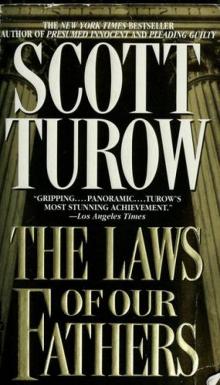 The Laws of Our Fathers
The Laws of Our Fathers Ordinary Heroes
Ordinary Heroes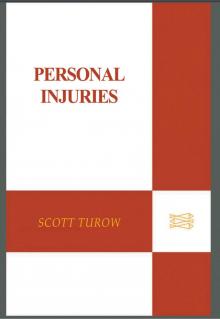 Personal Injuries
Personal Injuries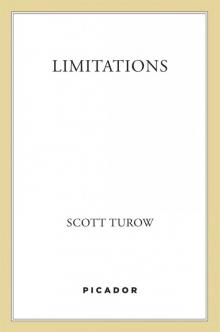 Limitations
Limitations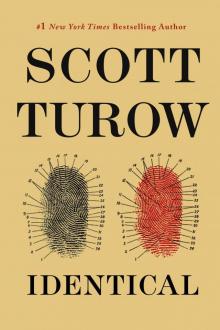 Identical
Identical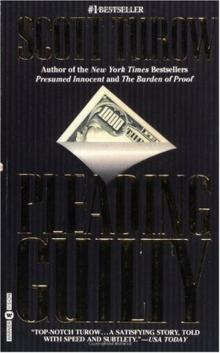 Pleading Guilty
Pleading Guilty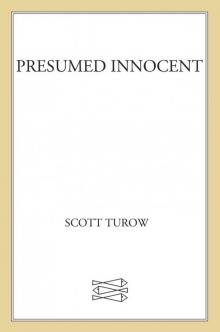 Presumed Innocent
Presumed Innocent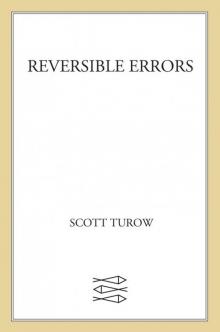 Reversible Errors
Reversible Errors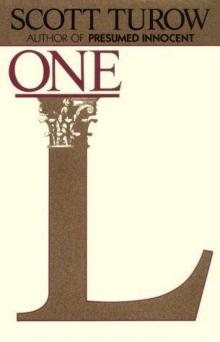 One L: The Turbulent True Story of a First Year at Harvard Law School
One L: The Turbulent True Story of a First Year at Harvard Law School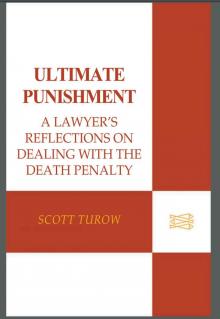 Ultimate Punishment
Ultimate Punishment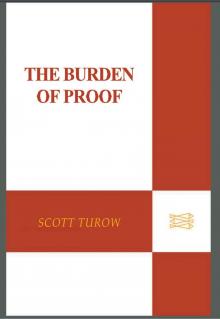 The Burden of Proof
The Burden of Proof Ordinary Heroes (2005)
Ordinary Heroes (2005)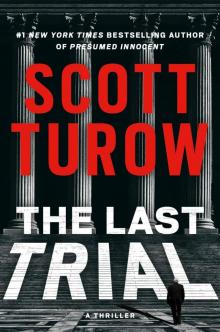 The Last Trial
The Last Trial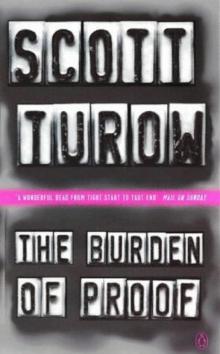 The Burden of Proof kc-2
The Burden of Proof kc-2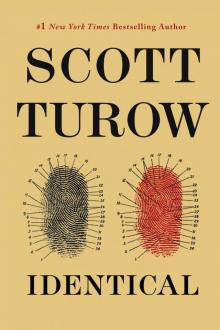 KC09 - Identical
KC09 - Identical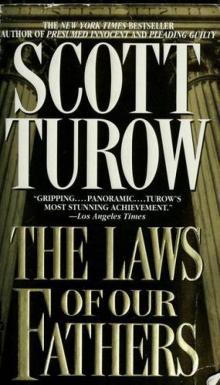 The Laws of our Fathers kc-4
The Laws of our Fathers kc-4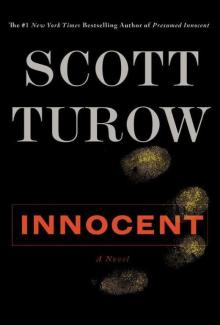 Innocent kc-8
Innocent kc-8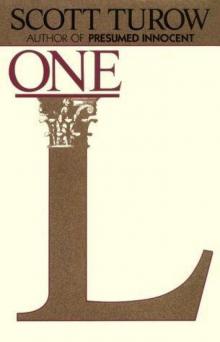 One L
One L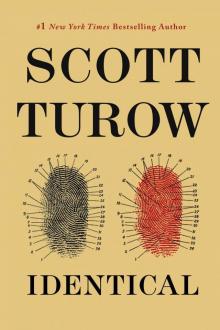 Identical kc-9
Identical kc-9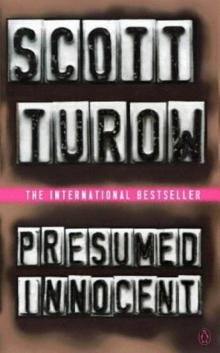 Presumed innocent kc-1
Presumed innocent kc-1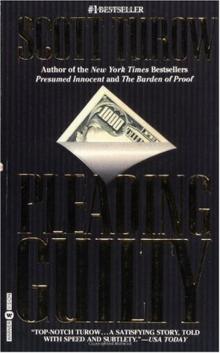 Pleading Guilty kc-3
Pleading Guilty kc-3 One L (1977)
One L (1977)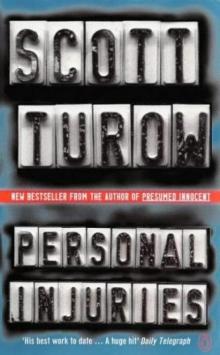 Personal injuries kc-5
Personal injuries kc-5